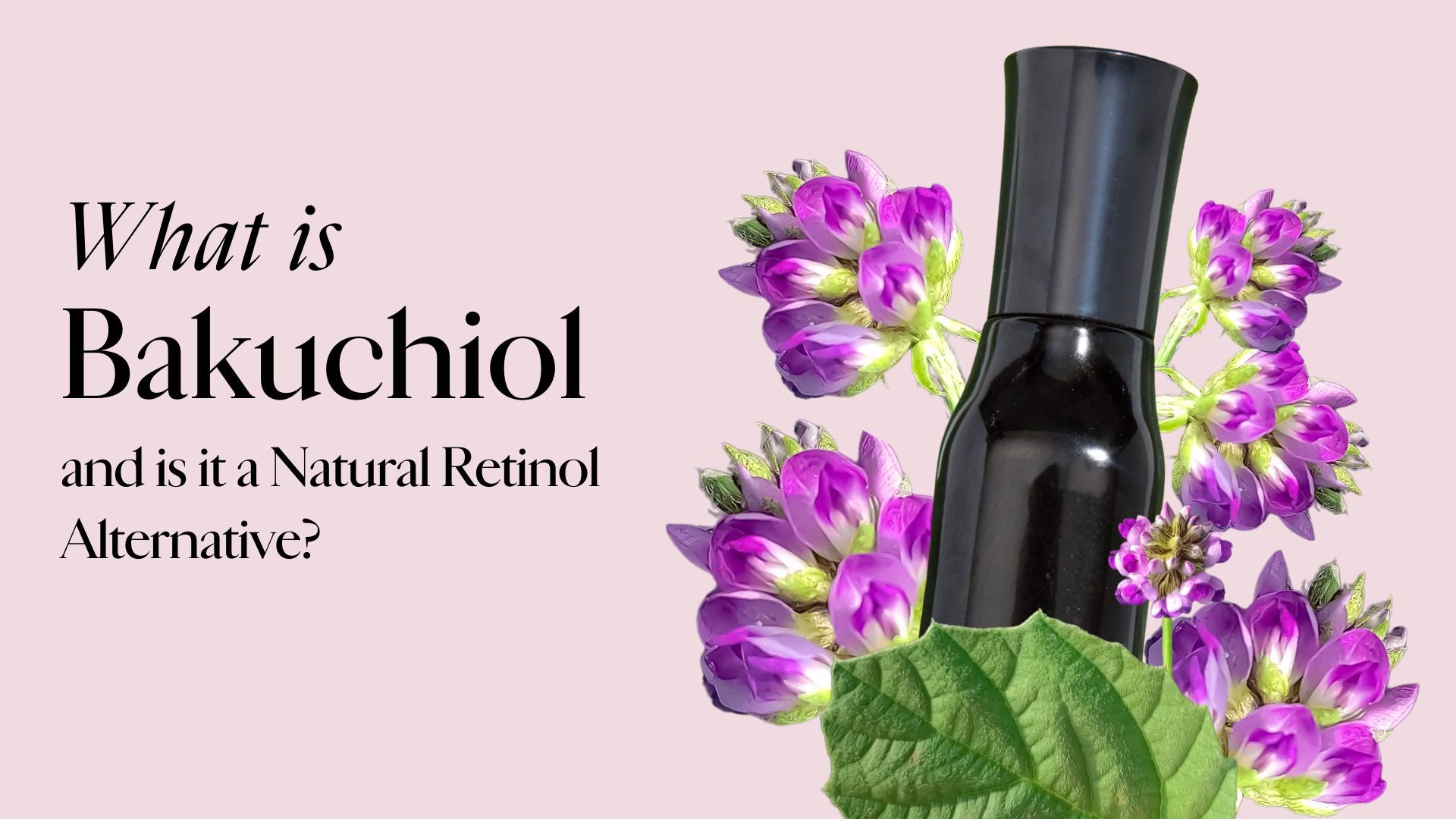
What is Bakuchiol and is it a Natural Retinol Alternative?
What is Bakuchiol and is it a Natural Retinol Alternative?
Bakuchiol, aka "nature's retinol," is a natural compound that is gaining popularity as a skincare ingredient. It is derived from the seeds and leaves of the plant Psoralea corylifolia, which is native to Asia and is also known as the "babchi" plant. Bakuchiol has been used for centuries in traditional Chinese and Ayurvedic medicine to treat a variety of conditions, including human skin disorders, skin irritation, infections, and inflammation.
What Is Retinol?
Retinol is vitamin A, and although it's been used in skincare for decades, it's only recently been touted as a miracle ingredient.
"Retinols are vitamin A derivatives, which are strong substances that cause considerable irritation to skin," Dr. Joshua Zeichner, director of cosmetic and clinical research in dermatology at Mount Sinai Hospital in New York City, tells Allure. "For this reason, most retinols come in the form of concentrations (0.1 percent or 0.025 percent). The higher the percentage of retinol in a product, the stronger its potency and potential side effects." -- Allure Magazine
History of Retinol like functional compound
The use of retinol goes back to the 1930s, when it was first developed as an acne treatment by Albert Kligman at the University of Pennsylvania. At that time, people were using high concentrations of retinoids for medical purposes, such as treating acne and psoriasis, but they weren't available over-the-counter.
In the 1970s, dermatologists began using low concentrations of retinol on their patients in order to treat wrinkles and fine lines. These treatments were popularized by celebrities like Cher and Brooke Shields who wanted younger-looking skin.
Retinol became available to consumers in the early 2000s when brands like Clinique and Neutrogena started selling products containing this ingredient.
What are the Benefits of Bakuchiol?
One of the main reasons for the increasing interest in bakuchiol serum is that it has been found to have many of the same benefits as retinol, a commonly used skincare ingredient that is derived from vitamin A.
Bakuchiol Benefits:
-
Reduces the appearance of fine lines and wrinkles,
-
Improves the texture and tone of the skin.
-
Antioxidant and anti-inflammatory properties.
Can Bakuchiol Treat Facial Acne?
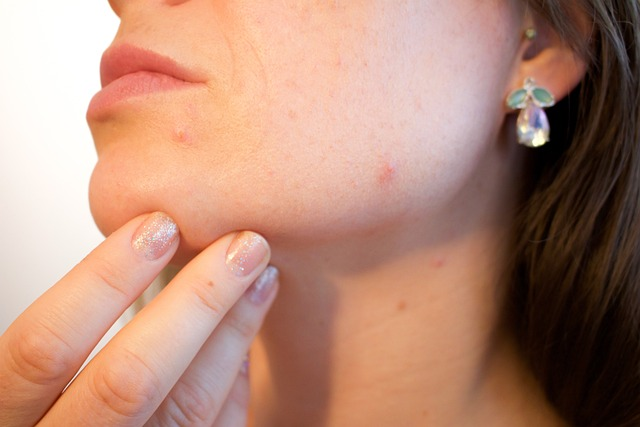
In addition to its potential anti-aging benefits, bakuchiol has also been shown to have antioxidant and anti-inflammatory properties. These properties make it a potential candidate for the treatment of acne, as well as other skin conditions such as rosacea and eczema. Bakuchiol has also been shown to have some anti-bacterial activity, which makes it potentially useful in the treatment of acne and other skin infections, especially for those with sensitive skin.
Is Bakuchiol a More Effective Alternative to Retinol?

One study published in the Journal of the American Academy of Dermatology compared the effects of bakuchiol to those of retinol in a group of 44 women. The study found that both bakuchiol and retinol were effective in improving the appearance of fine lines and wrinkles, but bakuchiol was less irritating and caused fewer side effects. Another study published in the Journal of Cosmetic Dermatology found that a cream containing bakuchiol was effective in improving the appearance of fine lines, uneven skin tone, and uneven skin texture in a group of 50 women.
Bakuchiol Serums on the Market
Some exciting news that we are breaking here first, Celebrity Facialist Angela Caglia is set to launch an Elderberry Bakuchiol Serum with following clinically-proven results:
Clinical Skin Results for Angela Caglia's Bakuchiol Elderberry Serum:
In a 2-week skin study of thirty-seven women ages 25-65 using ANGELA CAGLIA'S ELDERBERRY BAKUCHIOL SERUM
-
100% said their skin felt nourished
-
97% said it refined the appearance of skin texture
-
95% said revived appearance of dull and lackluster skin
-
95% saw a visible boost in skin radiance
-
92% stated their skin looked more youthful
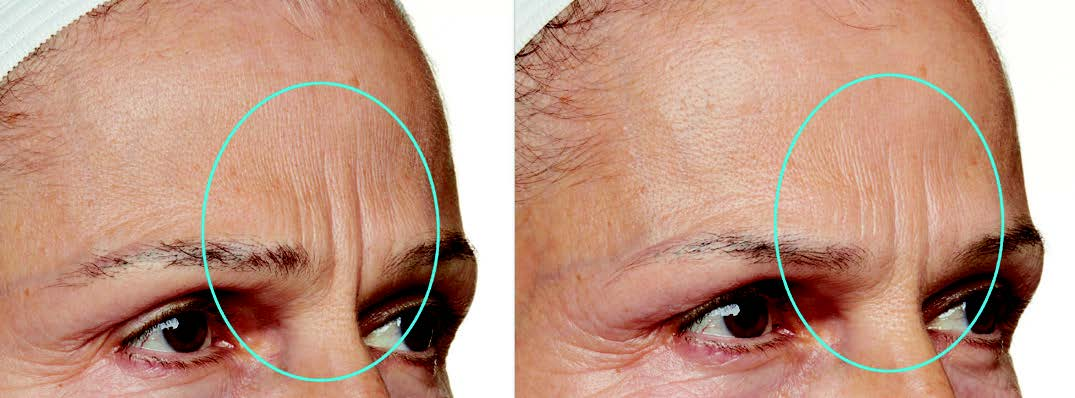
BEFORE AFTER
Reduces the appearance of fine lines and wrinkles and brightens skin tone in just 4 weeks. Ideal for Sensitive skin.
Other Bakuchiol Serums to consider are linked below in this recent article in Byrdie:
Read Byrdie Article on Bakuchiol
Babchi Supplements
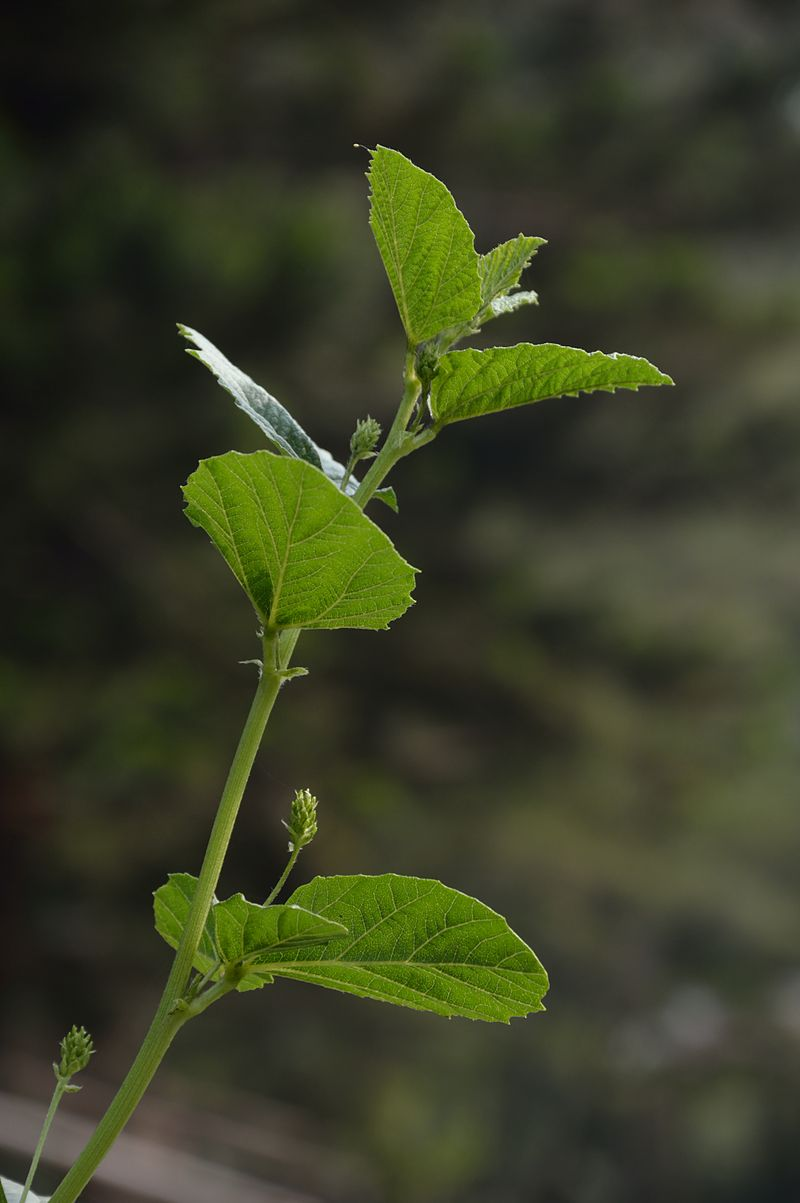
The internal uses of Babchi, the plant from which Bakuchiol is derived, are different. The oil is sold in powder or as part of an oil product. The source suggests 1-2 grams of babchi powder or 4-5 drops of oil. It's a long tradition in Eastern medicine, although it's not ideal for everyone. Generally speaking, the use and effectiveness of babchi needs to be evaluated internally by your healthcare provider.
Common Questions & Answers
What's the difference between benzol and retinol?
-
Bakuchiols are plant-derived alternatives to the retinols. Bakuchiol is an excellent choice if you have suffered with sensitive skin or relapsed due to side effects from retinoids.
How does Bakuchiol affect skin?
-
Bakuchiol stimulates the production of new skin cells that improve skin texture as well as smoothing wrinkles. The antioxidant also protects against free radicals.
Is bakuchiol really able to be mixed with vitamin C?
-
This combo may cause skin sensitiveness so avoid layering.
Other Uses for Bakuchiol
In addition to the potential skincare benefits of bakuchiol, the compound has also been studied for its potential medicinal properties. Some studies have suggested that bakuchiol may have anti-inflammatory and antioxidant effects, which could make it useful in the treatment of a variety of skin conditions. However, these potential benefits are still being explored and more research is needed to fully understand.
Conclusion
In conclusion, bakuchiol is a natural compound that has gained popularity as a skincare ingredient due to its anti-aging properties and skin-soothing properties and is ideal for anyone looking for a natural alternative to retinol.


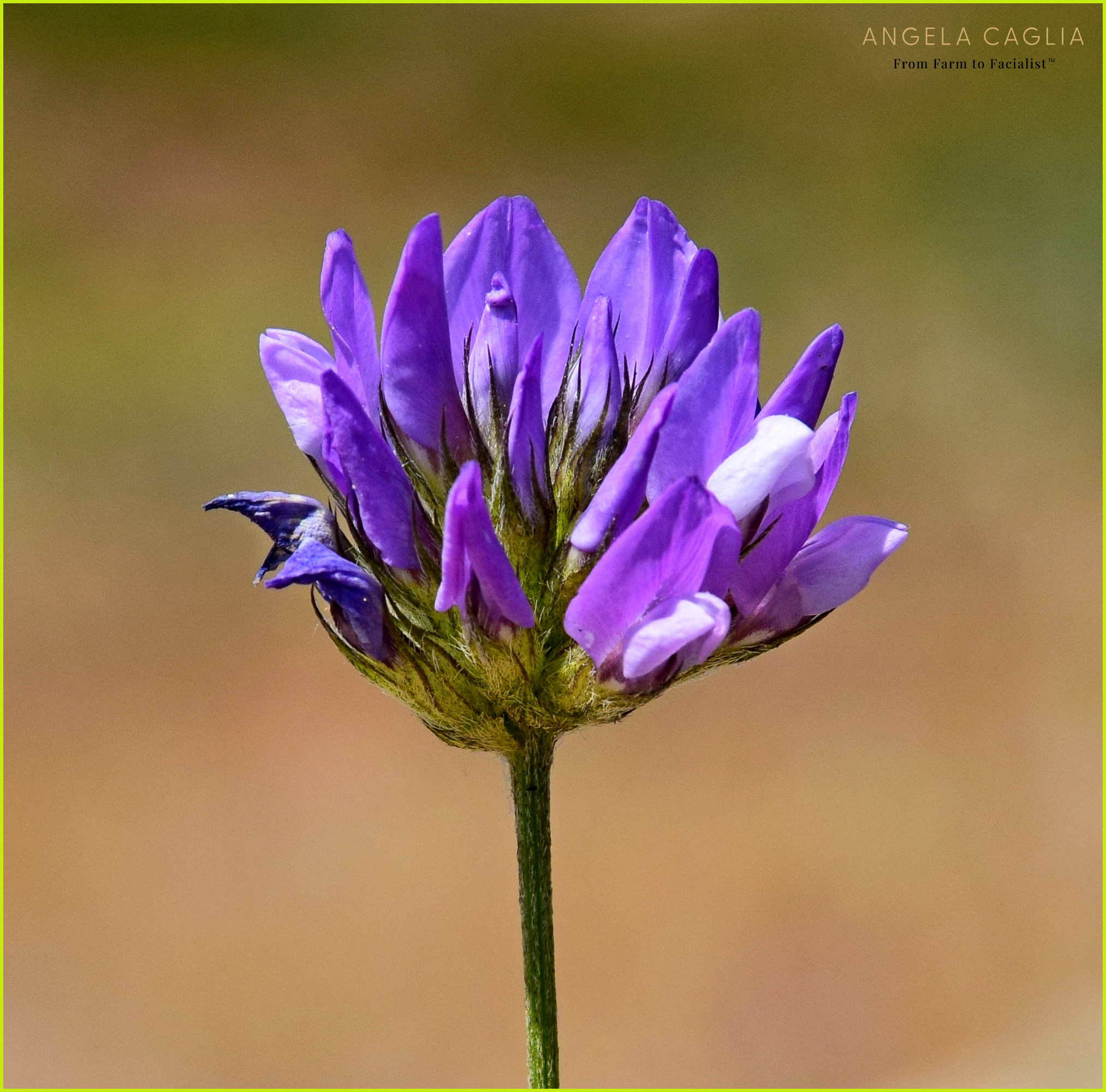
Leave a comment
This site is protected by hCaptcha and the hCaptcha Privacy Policy and Terms of Service apply.